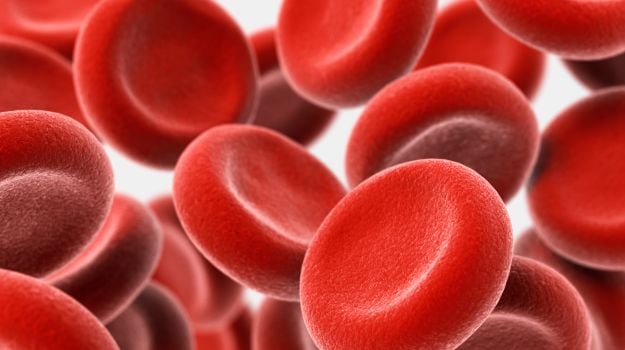How can I decrease my WBC count?
Q: My total WBC count is 32,000/cumm. How to decrease this count? Does an increase in the white blood cells means decreased red blood cells? How to increase RBC and eosinophil count, which is 17,100 cumm?
A:
White blood cells in the blood (leukocytes) comprise granulocytes (cells with granules inside them) and mononuclear cells. Granulocytes are of three types – neutrophils, eosinophils and basophils while mononuclear (having a single nucleus) cells are lymphocytes and monocytes. The normal total leukocyte count varies with the age of a person. It also has a diurnal cycle i.e. counts vary during a 24 hour day. Normally they range from 4000 to 10,000 per ml in an adult. Leukocytosis is an increase above the accepted normal range of total leukocytes. Usually, only one type of cell is responsible for this increase, but there may be a simultaneous increase in several cell types. The counts may go up due to an increase in any component of the white cells i.e. neutrophils (called neutrophilia), lymphocytes (called lymphocytosis), monocytes (called monocytosis), eosinophils (called eosinophilia) or basophils (called basophilia). This can be judged by a differential leukocyte count. The range of each of these cells also varies with the age of an individual. There are numerous causes for increases in neutrophils, lymphocytes etc. The degree of leukocytosis depends upon several factors like its cause, severity of the infection, resistance of the body, localisation of the inflammatory process and modification by treatment. Your absolute eosinophil count is markedly elevated and you have eosinophilia. These cells contain proteins that contribute to the immunologic responses against infectious disease agents and to tissue damage in allergic and autoimmune diseases. Normally, the absolute eosinophil count in the blood is around 500 per microlitre but it can increase in allergic conditions (asthma, allergic rhinitis, drug reactions), infectious diseases (especially worm infestations), some connective tissue diseases, malignancies, etc. Please consult a physician who can examine you, diagnose the cause and advise appropriate treatment.
Read: Is an increase in WBCs a cause of worry?

White blood cells: normal range

















